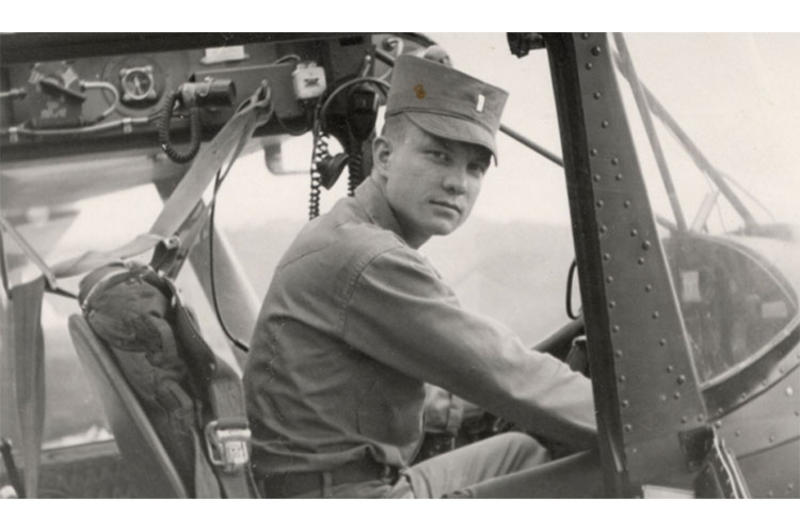By Travis J. Tritten | Stars and Stripes July 14, 2016
WASHINGTON — A Huey helicopter pilot from the Vietnam War will become the latest recipient of the Medal of Honor on Monday.
Retired Lt. Col. Charles Kettles, 86, of Michigan is scheduled to receive the medal from President Barack Obama during a ceremony at the White House, according to a recent presidential announcement.
The nation’s highest military medal is an upgrade of the Distinguished Service Cross that Kettles received for a harrowing 1967 rescue of more than 40 soldiers with 1st Brigade, 101st Airborne Division who were ambushed in Vietnam.
Media scandal to Medal of Honor: Green Beret medic could be next Vietnam medal recipient
“I didn’t do it by myself. There were some 74 pilots and crew members in this whole mission that day,” Kettles said in a video interview published by the Army. “So it’s not just me, I’m just leading the pack.”
Vietnam veterans last received the medal in September 2014, when it was awarded to Army Sgt. 1st Class Bennie Adkins and posthumously to Specialist Donald Sloat, an Army rifleman.
Kettles was a flight commander assigned to the 176th Aviation Company, 14th Combat Aviation Battalion during the war and was called up to lead a UH-1D helicopter platoon to ferry the ambushed soldiers to safety.
The helicopters loaded up what was thought to be the last remaining soldiers. But while in route back to the base, Kettles discovered eight men had been left behind on the battlefield.
Kettles turned back to rescue the men, though the United States had pulled back its artillery and air cover, and he remained uncertain that his Huey would lift off with the additional troops on board, potentially leaving them grounded amid enemy fire.
During the pick-up, bullets raked the helicopter and shrapnel blew out a section of its windshield but the men got on board.
The aircraft’s tail rotor was damaged and it began fishtailing, causing a soldier to fall out its door and hang precariously from a skid before being pulled back into the helicopter.
Kettles told Stars and Stripes that the added weight and damage forced him to make a running takeoff over a long, open space amid the small arms and mortar fire.
“We got the 44 out. None of those names appear on the wall in Washington. There’s nothing more important than that,” Kettles said in the Army interview.




